quick car water temp gauge
The quick car water tempe gauge, of course, refers to the water temperature, indicating the temperature of the coolant. It also indicates the temperature of your engine. The coolant is used to cool the engine, so the engine cannot work normally if the water temperature is too high. On the contrary , the low water temperature is also an important factor of high fuel consumption. The antifreeze is not only for antifreeze cooling , but also for heat preservation of your engine. Generally, the water temperature is about 80 degrees , which is normal , and will be slightly lower in winter, If the water temperature exceeds 90 degrees and does not drop, stop the engine immediately, turn off the engine and check.
The quick car engine water tempe gauge is used to indicate the temperature of the engine coolant. The coolant temperature signal is provided by the engine coolant temperature sensor installed on the engine cylinder head. When the engine works normally, its display value should be 80-100 ℃. When the quick car engine coolant temperature reaches 97 ℃, the cooling fan runs at low speed. When the quick car engine coolant temperature is lower than 94 ℃, the cooling fan stops running. When the quick car engine coolant temperature is higher than 105 ℃, the cooling fan runs at high speed. When the quick car engine coolant temperature is lower than 101 ℃, the cooling fan stops running.When the engine coolant temperature reaches 89 ℃, the thermostat is partially opened. When the engine coolant temperature reaches 101 ℃, the thermostat is fully opened. If the engine coolant temperature reaches or exceeds 112 ℃, the coolant temperature warning lamp will be on. At this time , stop the engine immediately and make the engine flash, check the coolant level and cooling pipeline.
It can display the water temperature of your car from time to time to prevent the engine body from being damaged by dry burning. It can prompt you whether to add water. Before driving, you should check the water temperature gauge first. If it exceeds the limit, it will cause the boiler to boil. If you continue to drive, it will cause the quick car engine to overheat and damage the water in the engine water tank to boil. It will also cause burns during maintenance.
 English
English 
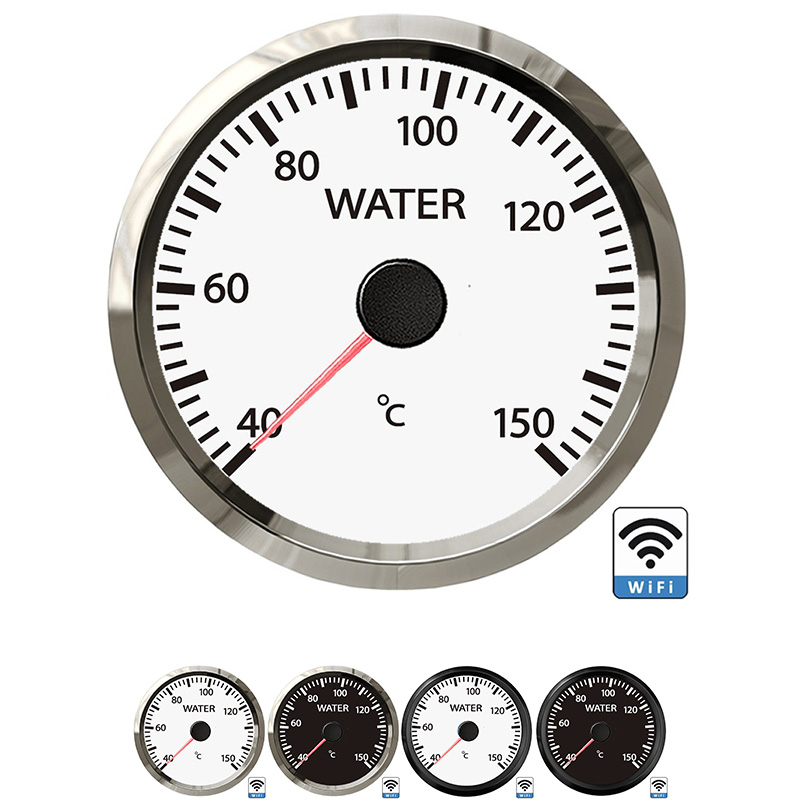
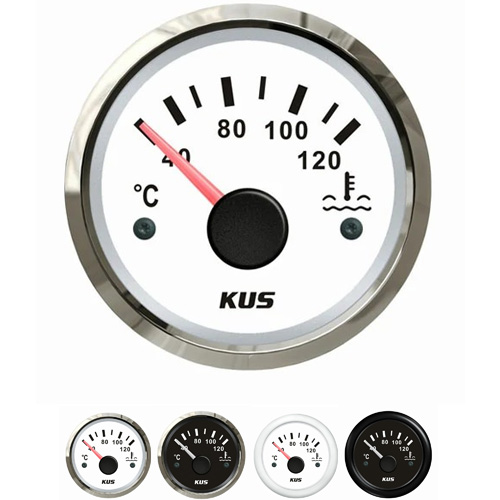
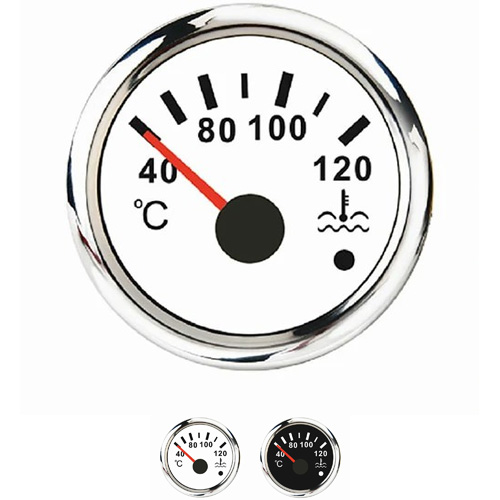
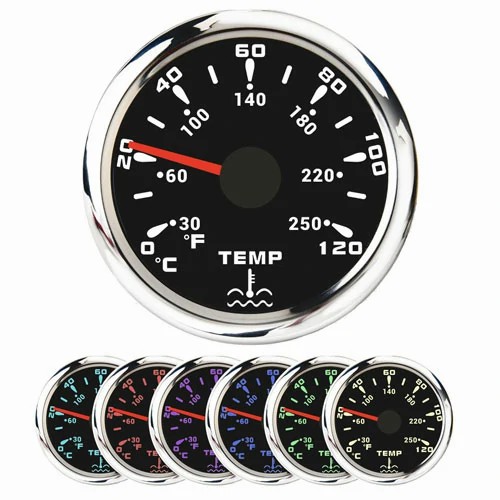
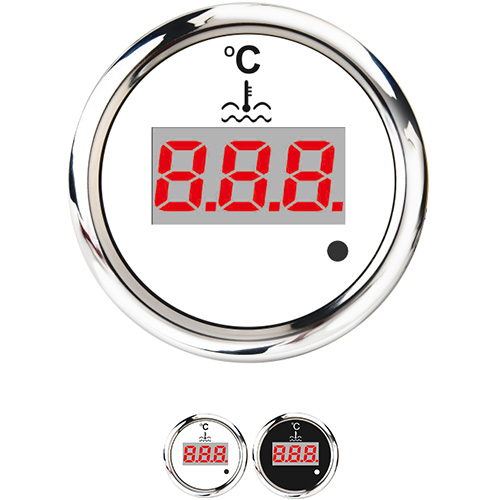
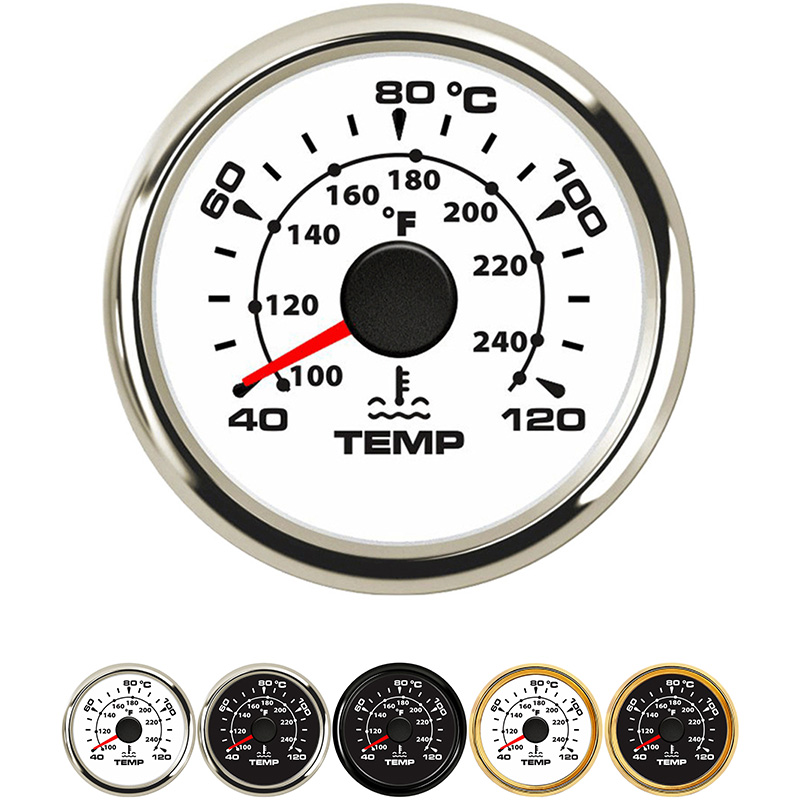
Get a Quote / Info